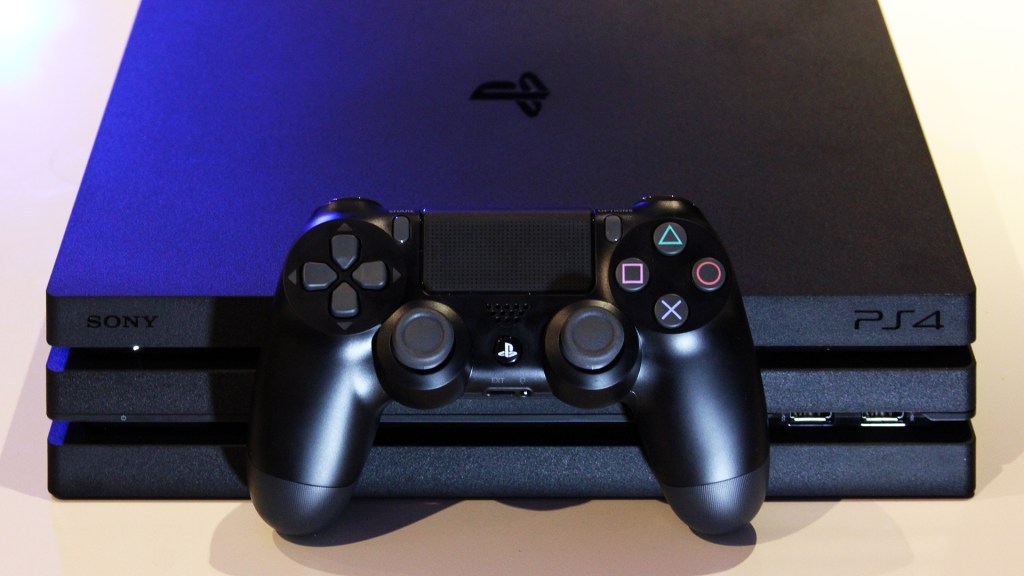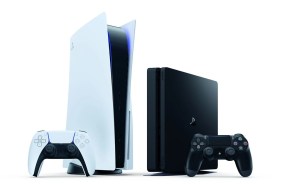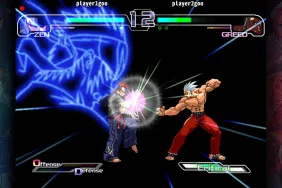The move to impose tariffs on video game consoles from China has been delayed until December 15, 2019 in the United States. This is to prevent U.S. shoppers from being negatively impacted during the 2019 holiday season. Other electronics, like cellphones and laptops, will be included in this delay as well.
President Donald Trump explained the move by saying, “What we’ve done is we’ve delayed it so they won’t be relevant in the Christmas shopping season. Just in case they might have an impact on people.” However, other items like clothing and food will still be affected by the 10% tariff starting on September 1, 2019.
As part of the delay, a product exemption list was provided by The United States Trade Representative (USTR). The USTR mentioned that tariffs on some products would be waived “based on health, safety, national security, and other factors.” As we reported earlier, these eventual Chinese tariff expansions could increase the cost of video game consoles in the United States by an estimated 25%. This would be a huge blow to U.S. consumers, especially during the holiday season.
Because of the negative impact this would have on U.S. consumers, Sony, Nintendo, and Microsoft joined up to write a letter that opposed President Trump’s tariff proposition. In addition to pointing out the obvious potential cost increase, the letter also argued that the tariff expansions would put thousands of jobs at risk.
If video game console prices end up increasing due to the proposed tariffs, console manufacturers might have to take production outside of China to ensure consumers aren’t negatively impacted. The next generation PlayStation is rumored to release in 2020. If it has a base price of $500, a 25% increase could cause it to jump to $625.
It’s unclear if the Chinese tariff expansions will end up causing video game consoles to increase in price, but U.S. shoppers can at least take solace in knowing that they won’t be negatively impacted by that this holiday season.
[Source: Washington Post]








